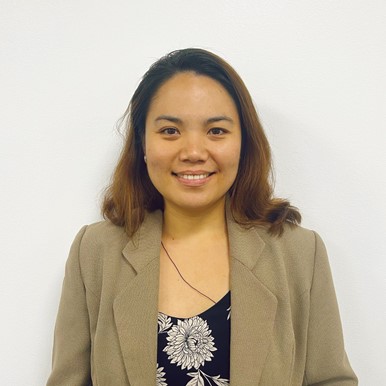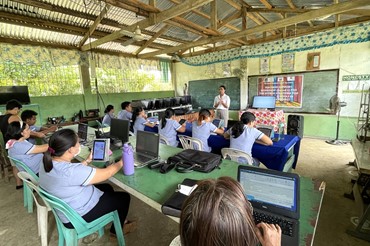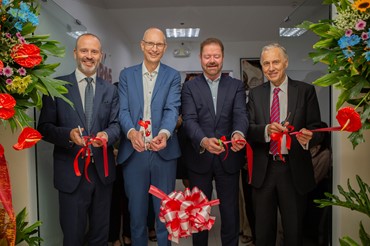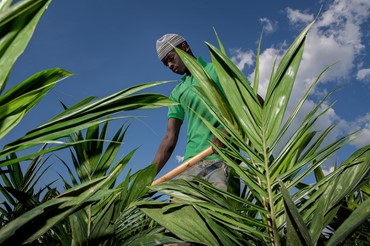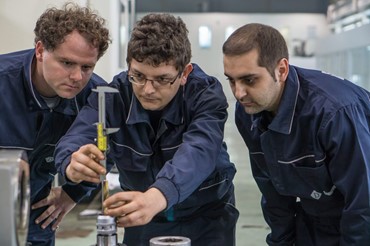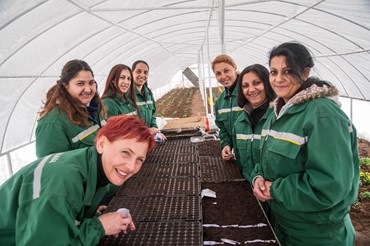Delivering and adapting low-cost solutions to support education technology
To make edtech possible for students and teachers in last mile schools, one of the project’s deliverables was the distribution of tablets to students and teachers and access to DLMs through a local area network (LAN). With this setup, students can download learning materials – regularly updated by their teachers – through the designated e-learning application Moodle using LAN, and interact with teachers through a wireless network.
Originally, EdTech Solutions was operationalised in the context of a purely remote learning setup in the 2020-2021 school year. However, when face-to-face became mandatory the following year, the project’s design had to adjust quickly. “The design was inextricably linked to the status quo of remote learning. That status quo included no school room access and minimal teacher-student contact, in the context of a geographical environment in which communications infrastructure did not allow for internet access for the majority of schools, teachers, and students,” says Team Leader Esther Care.
Because of this change, the EdTech Solutions team identified several limitations, including hardware and software solutions with face-to-face classes involved and the limitations of the Moodle platform in the new context. However, the team also introduced potential solutions:
- Providing a campus-wide WiFi system with accompanying Moodle server hardware;
- Upgrading Moodle;
- Relocating WiFi LAN;
- Production of multiple DLM formats.






